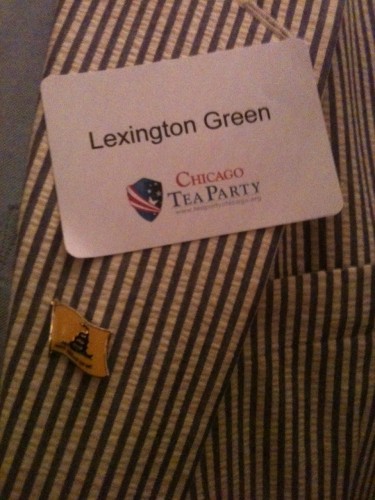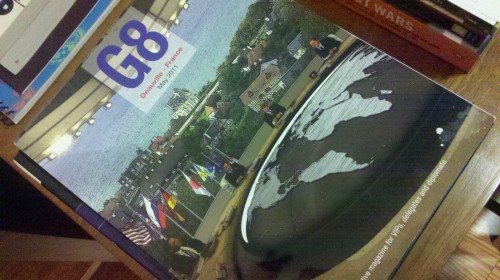I watch the Sunday talk shows, usually flipping back and forth between them. I was struck today by a comment made by Cokie Roberts on ABC’s This Week. In the discussion of the downgrade of US Treasury bonds, she was arguing with a tea party affiliated Congressman from Utah named Chaffetz and she made the following statement: (The comment begins at 8:55)
The reason why they (S&P) like France and England is because they have parliamentary government, because the majority gets what it wants. There is no divided government where both parties have to agree.
I thought that an astonishing but revealing statement. First, Britain and France have not been exemplars of fiscal probity the past 50 years, with the exception of Margaret Thatcher’s era. She even mentioned that England now has an austerity program. Also, she didn’t mention that Obama had undivided government for two years and spending increased 24%. In fact, there has been no national budget for two years, probably because the Democrats did not want to expose their plans prior to the 2010 election.
Her second comment was also revealing:
The problem is with the US Constitution.
There, in a nutshell, is the Democrats’ complaint. The Constitution restricts the ability of one political party to spend at will without regard of the consequences. God knows we have had excessive spending since 1965 in this country under both parties and with the Constitution intact. But, for Democrats, that has not been enough. I don’t think I have seen a more revealing comment.

